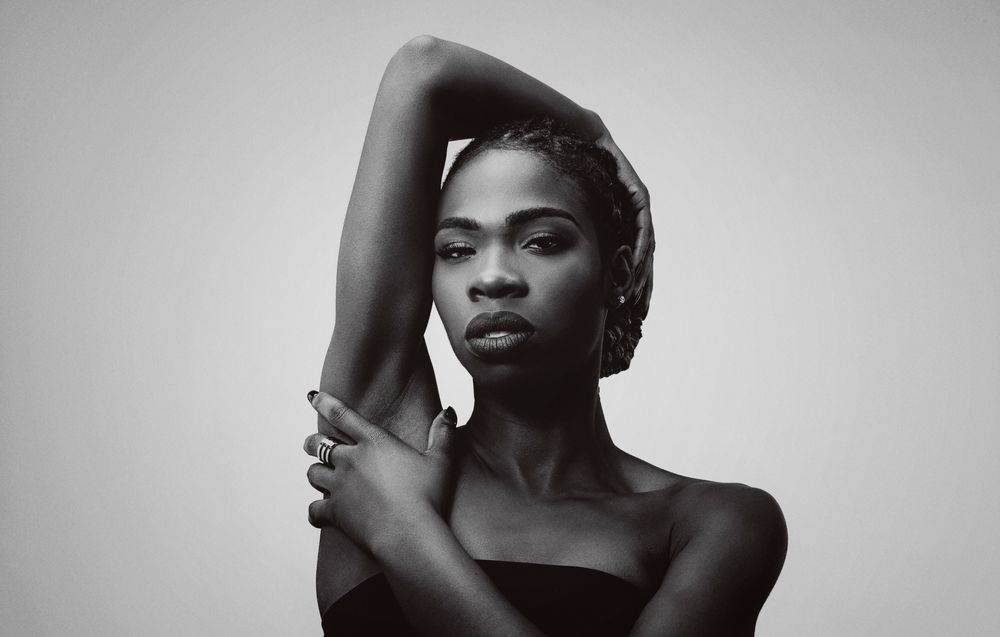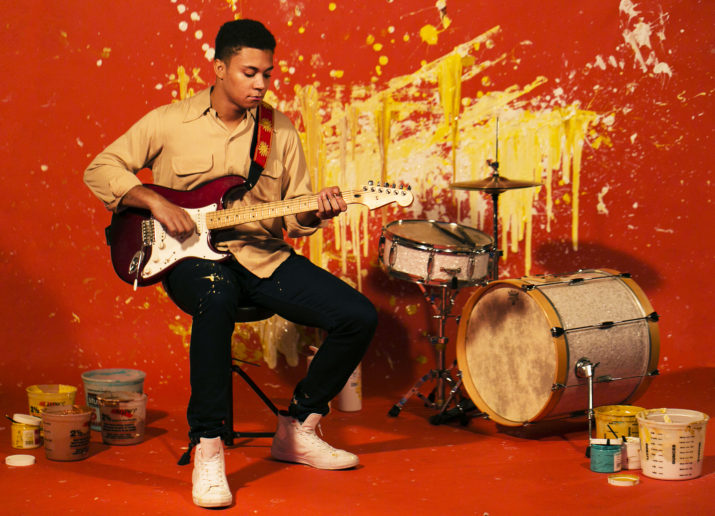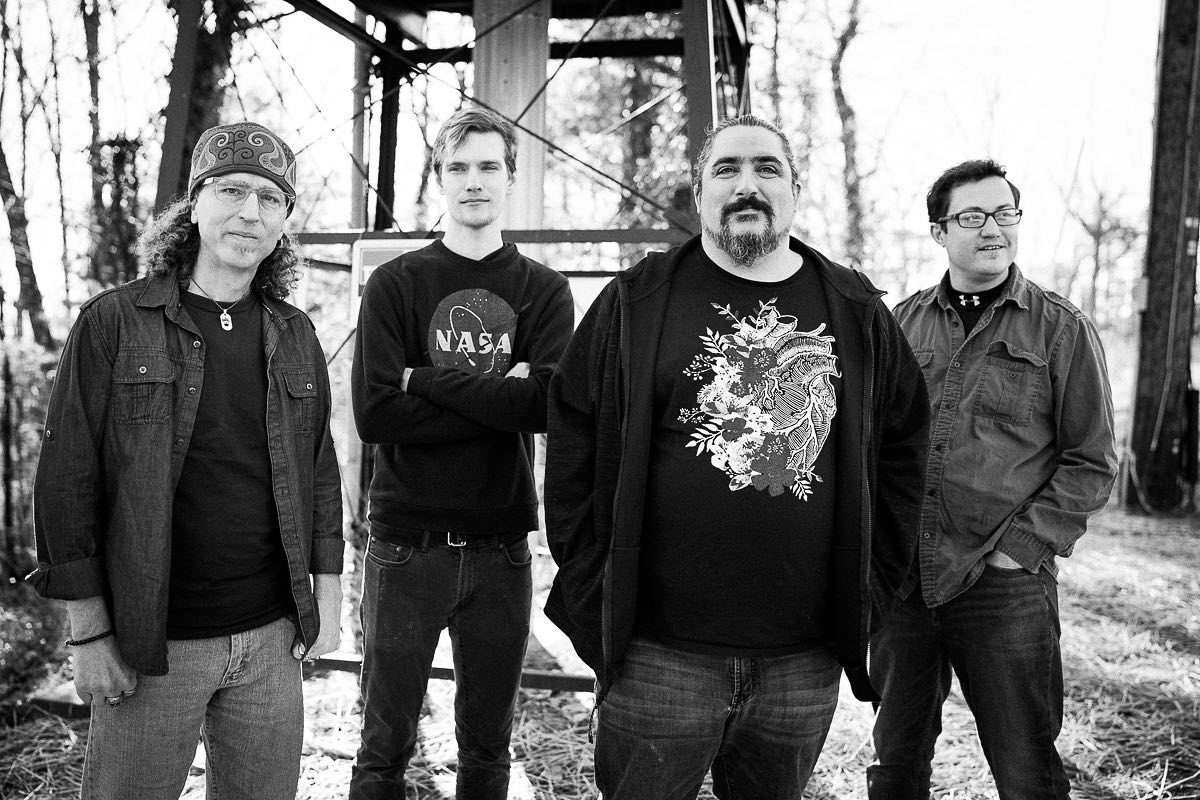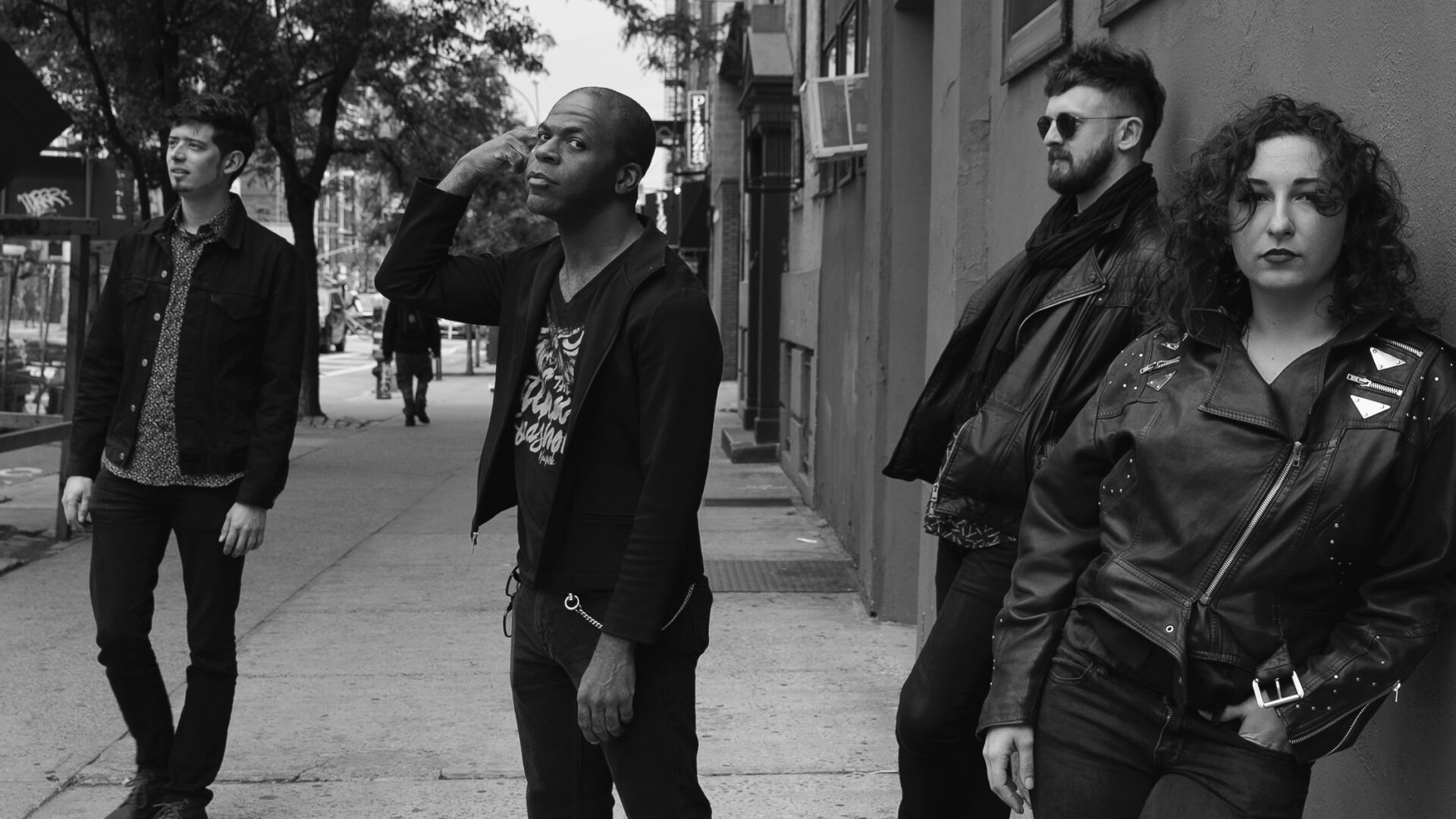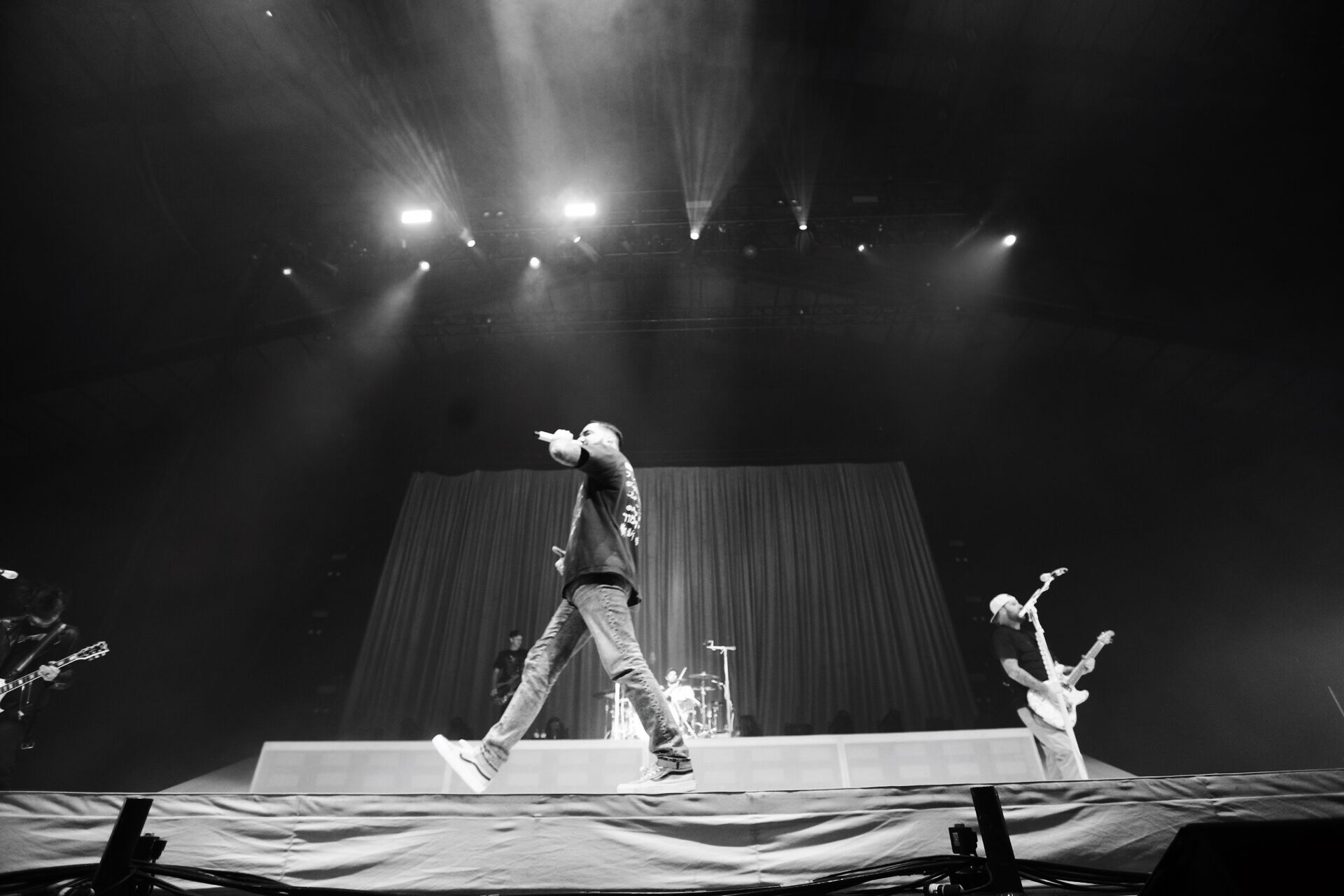In a time where the winds of major social change are shifting foundations across the world, strong voices are as needed as they have ever been. Toronto born rapper and 2019 Polaris Prize-winning Haviah Mighty is just one of the few who are using theirs to elevate those who don’t feel heard. Her first album, 13th Floor is ladened with both unbridled intelligence and confidence. Mighty’s lyrical prowess weaves in and out of topics such as racism, navigating self-esteem, and finding her strength as a Black woman. Early on in what would turn into a very promising rap career, Mighty cut her teeth in online rap ciphers.
“I just wanted to make music and I knew nothing about the business. I was a go-getter type of kid,” she said. “I wanted to get a mic to do that, so I went to the dollar store and I got a little webcam. I used that webcam as a mic. That turned into me wanting to record songs. Then, I got a laptop and got software. From there, I did research and it went on finding how to do things.”
I spoke to Haviah back in April when the world first came at a standstill. We talked about her experiences with racism in Canada, ’13,’ and so much more.
You’re the first artist I’ve gotten to speak to since the world has seemingly gone on lockdown. I’ve heard contrasting things about artists finding time for balance. There’s an urge to be creative, but also taking time to kind of just exist. A lot of us are resting with that pull. For you personally, have you found this time to be more creative or are you approaching it from a more laid back perspective?
I think it’s a combination of both. I think that some days I found ways to create, but the ways I’m creating have restricted resources and access. Collaboration looks different. I feel like the type of creative stuff I’m doing is different and I’m pushing the envelope on. I guess the way that I’m viewing it. I mean, obviously, like live streaming is a big thing now. That’s not something I use a lot before this pandemic became a thing. So I think it’s just learning how to navigate certain technologies to still keep some level of connection with the fans and the listener.
On top of that, I’m also noticing that I am taking the time to myself in ways that I know that I wouldn’t be able to do the given the schedule I was navigating. I’ve written a lot of new music that I wouldn’t have had time to write without this downtime. For me, the shows it kept me in that face of the previous project that I’ve done. I feel like the void of performing and everything just kind of being canceled forced me to think about what’s next. It forced me into a creative realm where I was able to create new music. I did like four days of demo writing and then I was exasperated. From there, I did four days of resting and social media stuff.
It’s interesting. I’d say that there are positives and negatives to this. I think the negatives are the health effects for the people who are affected, and obviously, the economic effects. As for the positives, I think, is the addition of time. For some people that can be very dangerous. Just having too much time to think about everything. I think I’ve done a decent job thus far of trying to make use of this additional time that I wouldn’t have otherwise.
I wanted to talk about 13th Floor and what that name personifies. The number 13 is usually looked at as unlucky. The 13th floor holds that superstitious of not appearing within a building. I was thinking in terms of racism. You are from Canada and I’m from the U.S., but racism is a universal thing. haven. It doesn’t matter what country you are from. Could you share your experiences being from Canada in speaking to someone like me who may not be as familiar?
The concept of the album is important to me is the fact that a lot of Canadians also feel that way. I think Canada is known as a nice country. The people are supposed to be seen as nice and polite. So, when you factor the way that racism is depicted in Canada, it does look different than the States overall. Sometimes, I think it’s associated with being a little less abrasive. It’s a little less direct. A little less straightforward. All of these things factor into the ways that I experienced racism in this country. It’s not that it doesn’t exist – it’s just that it’s different. To be honest, that can be more dangerous. In the States, it’s very hard to deny the racism that you see oftentimes. I think the perception that you and your friends have is similar to the perception that we have from the media that we see and things that happened in the states and it looks a bit more obtuse.
For me, I still know that I have difficulty getting the job. Whatever job I apply for, or against counterparts that look different than me, I know I have to come with a better pitch. I know that there are preconceived notions of what my mannerisms will be and how I behave. I’ve learned to adapt that and I’ve received many comments and every occupation that I’ve ever had of a shock at my ability to communicate and relate to I do, because of the lowered expectation of how, you know, the level of, I guess, intelligence that I should have. I mean, for me,
When I grew up in Toronto, I experienced overt racism. I think people would associate that to be as overt racism. People yelling at you and breaking our windows. We were the only black family in the area that I grew up in. It was a lower-class white area. I wouldn’t even say it’s predominantly white, but we were the only black family, and my early upbringing was kind of shadowed in racism. My whole upbringing was very sheltered. I feel like it’s a very large part of my story.
I wasn’t allowed to go outside because of the racism in my area. I wasn’t allowed to go to the park with the other kids, I wasn’t allowed to do certain things because of the treatment towards me and my family in that area. My parents had to shelter their four daughters from that pain. I entered the world thinking that everything was normal and not realizing how impactful those situations were because of good parenting. As I grew up, I realized how much racism impacts people.
I think that maybe you see differences in the way that police enforce certain things. Or what police get away with on camera. I think that’s a major difference. With situations in Canada, you might see comments like, “if this was a mistake, this guy would be dead.” Things like that. I’ve never lived in the states – I’ve only visited. So, I can’t speak to like how much scarier it would be to drive around in a certain state or how laws are different. You can just have a gun in your car in Canada in any province.
I think the biggest issue is that there’s a lower prevalence of people that look like you, depending on where you go. You can get a heightened sense of, “Oh, I’m an unfamiliar part of this town.” I know that the states can be like that – depending on where you are. I think more of Canada is like that just because of the statistics that we’re speaking to.
I went to Boise, Idaho. It was the first U.S. date I’ve ever played in. It wasn’t bad because of the festival aspect. We did encounter people that were not a part of the festival after. They were shocked – like “shocked by my hair” shocked. It felt like they were looking at an animal they’ve never seen for the first time. Race is a big part of my identity because people navigate me differently because I am black. I can feel that on a day-to-day, so I know we all see color. That’s not a statement. I think it’s important to have a conversation about race. Racism has a negative impact and Canada’s very guilty of it.
I think that if you’re unaware of the effects of racism or how it can look, that can be very dangerous because you don’t realize what the setbacks look like. Adaptability came from my parents. I don’t think that a person should have to adapt because of their skin tone. For me, exploring that album was me deciding I was no longer going to do that. It was me feeling brave enough to identify it and not care about those that dismissed the concept. Especially Canadians that believe that racism doesn’t exist. I’m not allowing that narrative to erase the narrative that I know exists.
I’m very proud of the fact that this album was able to point out these things in a way that had been received positively. In the sense of it not being dismissed, I think that I grew up feeling like the things I experienced I couldn’t talk about even to sometimes other black people because of it. their inability, their inability to necessarily see what racism looks like either sometimes it’s hard to tell that you are being targeted or that you are being left out or that something is targeted targeting you. And yeah, I think I just explored a lot of things I’ve experienced in my life and how I became who I am now, in the process of writing this album.
I discovered things in this album that I didn’t realize before about my youth. Just how race impacted me and about how much I actually am proud to be the person that I am. I’m very big on I think everyone should be proud of the person that they are. I was born a young black woman who grew up and I’m proud to be that person. I really wanted to kind of champion that underdog experience for anybody who might not be, you know, the thing that they want to be because society tells them that something else is better.
Let’s talk about 13th and ‘Bag Up” together. I’ll point to Jay-Z’s 4:44, for example. There has been a greater emphasis in rap music about investing and growing assets within the Black community. In listening to your music, I love that black women artists are starting to get more recognition speaking on these issues. How did you feel like writing both of these songs?
Yeah, I mean, I think that I don’t know. I don’t know how I stumbled upon the thoughts, but I do but I sometimes think that the things that I look up and research are like not the cool things to talk about with my friends, but I tried to do it anyway. I forced it into the conversation, because I have a genuine interest and self-preservation and creating a great scenario for anybody that I encounter having a network of positivity in my job life in my personal life and my food life, and sharing that with people in my network people that I meet,
I just think knowledge is powerful and ’13’ intrinsically came out of researching. I remember I wrote two or three different songs to that beat before ’13’ came to be. Those songs were all positively focused. I feel like I was like reaching. I tried to write about specific things. I tried to write about the jail experience. It was regarding a friend that I know in jail and it was a cool concept. However, it just didn’t feel right. I tried to write all these different songs that felt like they fit the production. They were well written, but it just didn’t feel right.
Then one day, I was just on YouTube and I was just digging up some information. I stumbled upon the 13th amendment and that made me go down the rabbit hole of digging into it. Digging into concepts that I have always thought about. I’ve heard about relatives of the jail system and slavery. I could see the outfits, the lack of identity, the laboring, and the chains. There are just many things that are direct parallels. Reading up on the 13th amendment put it into real perspective for me. The song just poured out of me. I was researching while writing and it was done in 15 minutes.
That was a song that came out of passion and research. Once I read up on it I was like “well, this isn’t coming from me anymore.” I felt empowered with that information. The song poured out of me because I was writing from the perspective of not from who I am. I didn’t have to worry about the point of view being mine, thus maybe discrediting the power of the song. When I show people that song, I feel like it does have that effect because of the way it was written.
With ‘Bag Up,” I co-produced it with my brother. Initially was going into it, it felt like a strip club record to me. I think that’s where the concept of money came in my head. In a weird juxtaposition, I took to writing about it in more of the focus of investment for ourselves. I think that the strip club aspect can be tied in because how you make money can be separate from how you invest the money. It was like I wrote two songs. I was inspired by the production and all of the things that the song made me want to do.
At the same time, I wanted to flip the concept of how I talk about money. Or how we think about money. Normally, especially as a female artist, if you want mainstream success, you would just rap about getting the money from some dude. Maybe getting bags and red bottom shoes. I just was like, “that’s just not me.”. The song is kind of like a bit of a balance. Live your life, but at the end of the day, the economy is not your mental safe haven.
I’m not even trying to tell people how to or what to do with their money. It’s just kind of flipping the concept on its head. Spending how much money on a bottle in the club when they cost 1/10th of that in the store, It’s also this solidarity between females and the companionship that we have as well.
Like you’ve said, people like Jay-Z speak to this already. I feel like it’s not seen as something cool for women to do. How to invest our money and to be go-getters. It’s just not something that super encouraged the same way that it is for men. I think by doing this song and then by furthering it with the video that will be coming soon – it’s encouragement for us to look at money the same way that guys do. To further and invest in ourselves in this world in whatever ways we can utilize it to increase our mental sanctity. Let’s do that, but also to increase your physical and real estate sanctity.
Going off of that, you say on “In Women Colour,” “They used to say I’m too loud, but that’s cool now /Love my skin, always been proud, guess that’s in now.” There’s a saying that people love Black culture, but don’t love Black people. Unfortunately, the stereotype surrounding Black women when speaking up on various issues is that they are too loud or aggressive. How did you grow into utilizing your voice?
It’s funny that the things that make me a successful musician are all the things I was worried that I need to change about myself when I was growing up. I’m a rapper. I’m unapologetically me, especially on stage. I’m very straightforward with my words. I’m so many things that when I was younger and not recognized as a rapper, a lot of those things were still associated with me but it was “a negative.”
The one thing that my mom and dad always instilled in me what being proud of myself. I’m really glad that society wasn’t able to tear that away from me. Even though I had misguided steps and things looked unclear to me for many years, I never questioned my worth. I have many black female friends and encountered many black women who don’t fully value themselves because of the impact of society. Some of them have opened up to me about not knowing how to find that self-worth. Or they will thank me for talking about this thing that reminded them that they’ve lost sight of that.
To me is so dangerous, scary, and sad. I think had I not had the upbringing that I did with the parents that I had and my sisters as an older representation of me, I don’t think I’d be where I am mentally in terms of being so proud to be myself. I attribute all of that success to the ability to focus I can put to my work. I think that I’m able to focus so much on my work because I’m not constantly worried about what my worth is. I know it.
This interview was edited for clarity.

